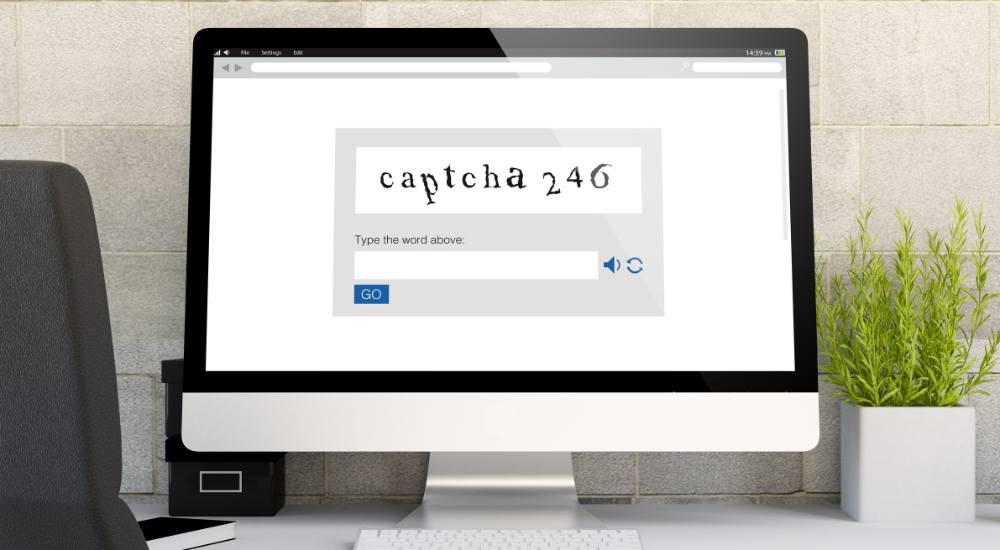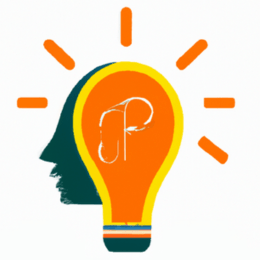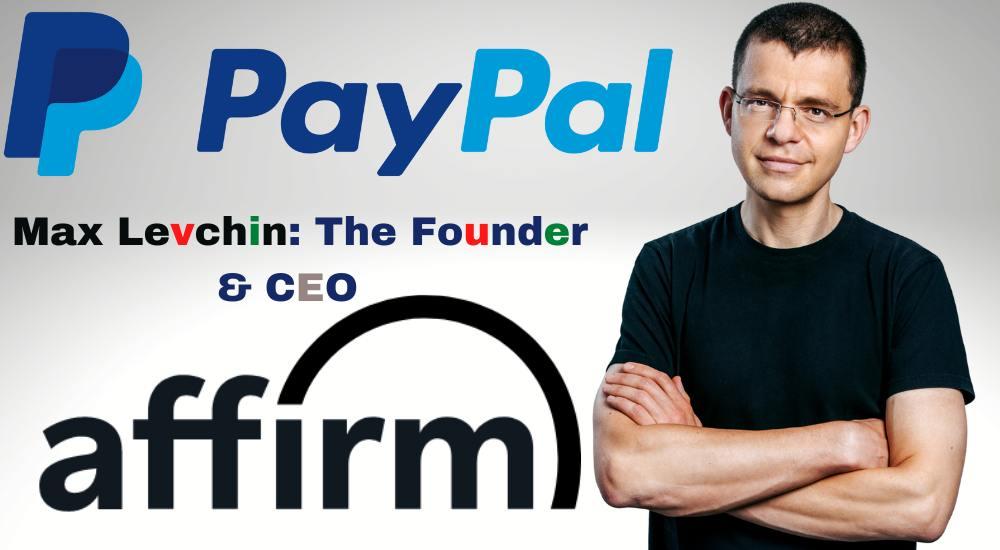Max Levchin is primarily an entrepreneur, software engineer, investor, and executive producer well-known for creating and being affiliated with a number of prosperous businesses, such as Yelp, PayPal, Affirm, Yahoo, and VHF.
Levchin is renowned for co-founding the startup that would later become PayPal. His significant contributions made the security and encryption features of the software impenetrable. He was also a vital member of the PayPal Mafia, as it came to be known.
Along with other PayPal Mafia members, Levchin established several profitable investments in tech organizations after leaving PayPal, including Yelp, Affirm, and Evernote. He also assisted in developing the Gausebeck-Levchin test, one of the earliest applications of the CAPTCHA challenge-response human verification test.
Max Levchin Profile’s Summary
| Name | Max Levchin |
| Age | 48 years |
| Residence | San Francisco, California |
| Citizenship | United States |
| Source of Wealth | fintech, Self Made |
| Marital Status | Married |
| Children | 2 (Two) |
| Education | Bachelor of Science, University of Illinois Urbana Champaign |
The Early Life of Max Levchin
Max Levchin was born on July 11, 1975, in Kyiv, Ukraine, to a family of physicists. As a child, he battles to tackle life-threatening respiratory illnesses. Max’s family is informed he won’t live past childhood. At his mother’s prodding, a determined young Max starts playing the clarinet to increase his lung capacity.
At the time of the Chornobyl nuclear power plant disaster, Levchin was in Kyiv. When his parents received news of the explosion, they decided to leave the Soviet Union. In 1991, at age 16, little Max moved to the United Nations with his family and started a new life in Chicago. His family had little money when they came to the United States—just a few hundred dollars.
Levchin majored in computer science at the University of Illinois at Urbana-Champaign and finally graduated with a bachelor’s degree. Levchin started four different tech businesses while finishing his education, primarily specializing in selling online ad banners and white-label classified ads to various marketing networks and newspaper websites.
After his first three consecutive failed, the fourth attempt was evolved and bought by LinkExchange, a 1990s online advertising cooperative. The sale of this business enabled Levchin to relocate his home from Illinois to California after graduating in 1997.
In 1998, in Palo Alto, Max Levchin made temporary arrangements to sleep on the floor of a friend’s home near the campus of the University of Stanford. Because when he got to Palo Alto, Levchin initially had nowhere to stay. During the day, Levchin would sneak into random Stanford lecture halls to take benefits of the air conditioning. Another friend of his, Luke Nosek, recommended he check out a talk by a young entrepreneur named Peter Thiel as he was aimlessly wandering about Stanford one day.
The lecture was actually more of a seminar, with only six individuals in attendance. Max Levchin stayed behind after the presentation to talk to Thiel because he found the lecturer’s ideas fascinating. The two hit it off immediately, and after their first discussion, they agreed to work together to build a firm.
The Career of Max Levchin
Levchin and Thiel founded a digital security company called Field Link in 1998, the year they first met. Its primary focus was to assist users in securely storing data on handheld computers at the time, known as PDAs in encrypted digital wallets. Thiel was preferred as CEO and Levchin as CTO.
The group quickly narrowed its focus to electronic money transfers, creating a payment product named PayPal that instantly became a popular payment system. PayPal allows consumers to send money instantaneously online to anyone with a PDA and a PayPal account. Levchin and Thiel renamed the business Confinity since a new focus needed a novel name.
In 2000, they combined Confinity with X.com, an online financial services business run by another Stanford acquaintance named Elon Musk. Because X.com’s service was equivalent to PayPal’s, the two companies decided to cooperate rather than compete. The best-selling product’s name, PayPal, was given to the newly united company, and the new PayPal accounts were linked to users’ email addresses rather than their PDAs.
The Gausebeck-Levchin Test
One of CAPTCHA’s first widely used commercial applications was the Gausebeck-Levchin test, established at PayPal by Max Levchin and his team. Levchin’s primary duty was maintaining the service’s security and preventing fraud as PayPal’s Chief Technology Officer. He did this by co-developing his very own CAPTCHA.

A piece of online testing equipment named CAPTCHA (Completely Automated Public Turing test to tell Computers and Humans Apart) can determine whether a user is a human or a robot. The Gausebeck–Levchin test, created at PayPal by Max Levchin and his group, was one of CAPTCHA’s first widespread commercial applications.
PayPal needed a method to make sure new accounts were being opened by actual people, not automated software, since it shifted from using PDAs to email addresses. To prevent automated fraud efforts, Levchin and his team devised a type of CAPTCHA that would pop up during actual transactions. The Gausebeck-Levchin test showed warped text that was challenging for computers to read but was easy for people.
PayPal Goes Public
PayPal went public in 2002 after months of politicking with the SEC and messing with attorneys, patents, and board members. One of its main rivals, eBay, immediately bought the business for $1.5 billion. Levchin owned 2.3% of the company. On the day of the acquisition, his shares were worth about $34 million.
Nevertheless, the acquisition had a price that went beyond monetary value. Instantaneously, the more easygoing mindset at PayPal started to give way to eBay’s corporate culture. Levchin, Peter Thiel, Elon Musk, and 38 of the other 50 initial employees had all left the company in under four years.
He maintained contact with his fellow members of the PayPal Mafia. In the coming years, Max Levchin would continue collaborating closely with Peter Thiel, Elon Musk, and a few others, co-founding and funding each other’s new digital firms and endeavors.
Max Levchin Net Worth
Levchin holds nearly 11% share of Affirm. When it went public on January 13, 2021, Max’s more than 27 million shares in the business helped him become a billionaire. At the end of 2023, the Forbes report shows the net worth of Max Levchin is $3-4B.
Max Levchin’s Personal Life
Levchin tied the knot with Nellie Minkova, his longtime girlfriend, in 2008. He has two children. Later, his fatherhood experience would inspire Levchin to establish Glow in 2013, a fertility app that assists couples in conceiving naturally.
Max and his wife, Nellie Levchin, have two kids. Their names, birthdays, and personal details are unavailable, although Levchin revealed that he enjoys preparing dinner for his entire family.
Question Mostly Asked About Max Levchin
Q. How much is Max Levchin worth?
Ans- Max Levchin has amassed an excellent worth as of now. Factually, he has an estimated net worth of around 3-4 billion dollars.
Q. How much did Max Levchin make from PayPal?
Ans- Max Levchin made millions of dollars from PayPal. The actual amount figure of how much he made from PayPal is quite interesting, but we didn’t find it anywhere. However, while leaving PayPal, he took 34 million US dollars from the firm.
Q. How much Affirm does Max Levchin own?
Ans- As per the reputed source Forbes, Max Levchin owns 11% of Affirm’s total shares.
Q. Where did Max Levchin go to college?
Ans- Max Levchin completed his bachelor’s degree from the University of Illinois Urbana Champaign.
Reads Beyond Levchin Life Under Biography Listings
Yakir Gola The Founder & CEO of GoPuff
Luke Nosek: The PayPal Co-Founder
Paul Jacobson: The CFO & Executive VP at GM
Tony Gruebl: The Founder of Think Systems

